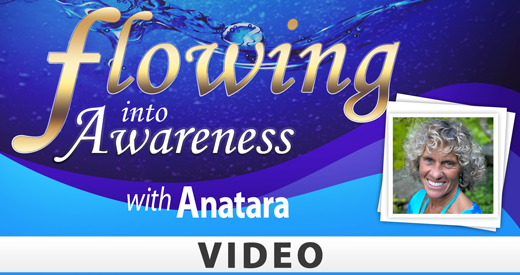Yoga to End Life Peacefully
One out of one of us dies.”
[post-img]While this is indisputably true, many of us often find it difficult to face that fact – death is usually something that we’d prefer to think about in the distant future, if we have to think about it at all.
But death is very much a part of life and, if we are unprepared to accept this, the probability is that we will be left feeling helpless, terrified, and unable to cope when our time comes. Whether we want to face it or not, as we move towards the end of our lives, we often have to make choices on how we want to die.
[tip-fact]In an era where people are living longer, the coping mechanisms of dealing with our own mortality are often ignored. For many, the process of dying is more frightening than death itself.
But how we view death has a huge impact on how we will die. And if we are willing to let go of the familiar and prepare ourselves to welcome the unknown, death can be the most rewarding and exhilarating experience of our lives.
In her 1997 memoir “The Wheel of Life*” psychiatrist and author Elizabeth Küber-Ross said “Dying is nothing to fear. It can be the most wonderful experience of your life. It all depends on how you have lived.”
As individuals continue to evolve spiritually, many are becoming more aware of the necessity to overcome their fear of dying and even embrace the process. While many find comfort in their religious beliefs, others are exploring less conventional avenues, including holistic approaches such as yoga.
The yogic perspective of death focuses on renouncing our physical form and embracing the transition from life to death. Understanding and accepting death as an integral part of life enables us to live our lives more fully and completely.
Facing the unknown when moving from life to death is never easy, but there are ways of bringing comfort to the individual whose life energy is fading. The Sanskrit word abhinivesha, which means “clinging to life,” encompasses all the feelings of fear, doubt, and anxiety that we have towards dying, as well as our inability to let go of these insecurities. Yoga, in its deepest form, teaches us how to overcome this fear and cultivate a sense of peace and fulfillment as we arrive at this stage in our lives.
[b-quote]Many asanas that we practice in yoga can extend to assisting us in the transition of life. For example, Savasana (“corpse pose”) teaches us how to withdraw from the external realities of our everyday lives and focus on attaining a spiritual sense of harmony and serenity. By committing ourselves to a regular practice of Savasana, we learn how to be at peace with ourselves when we leave our physical forms and move towards a serene death.
In Kundalini Yoga, chanting akal – which means “deathless” or “undying” – is a farewell gift to an individual who is in the process of transitioning from life to death. It can also be a comfort to those who are left behind by helping them cope with their loss and heal themselves so that they are able to move forward in their own lives.
More and more yoga studios are now recognizing the need to guide individuals as they embark on this transitional journey. At the non-profit organization Samarya Yoga Center in Seattle, for example, practitioners help terminally ill patients and their families cope with illness and loss on a daily basis. Founded by yoga instructor and physical therapist Molly Kenny, the Center includes sessions such as palliative yoga for the terminally ill and grief yoga for those who have suffered the loss of a loved one.
Donna Belk is a yoga instructor and an educator on death and dying. As a midwife to the dying, she combines her 30+ years of yoga practice with her expertise on death and dying to assist individuals in preparing for a tranquil death. By educating and guiding them through end-of-life issues, she provides compassionate support to dying individuals and their loved ones.
Death is rarely easy but, by preparing ourselves spiritually and emotionally for this inevitable transition in our lives, our greatest fear can become our greatest strength. As author J. K. Rowling says, “To the well-organized mind, death is but the next great adventure.”
For more information on the yogic philosophy of death, check out the following websites:
__________________
*The Wheel of Life: A memoir of living and dying. Simon & Schuster, New York, 1997
{mxc}
Categories: Articles
Tagged: accepting the death, death, death and yoga, fear of dying, holistic approaches, Life and death, savasana, transition of life, wheel of life




